How to Deal With Bullies
Bullying is a common problem among children and teenagers. It is intentional intimidation, verbal, physical, or psychological. Nowadays, there is cyberbullying, where social media or electronic messaging are used to ridicule others or hurt their feelings. Such situations must be taken very seriously because of the consequences that can affect kids’ sense of safety and self-worth. There are some steps you can take when dealing with bullies and bullying. That’s why 5-Minute Crafts has made a short guide to help you with that.
How to recognize the signs of bullying
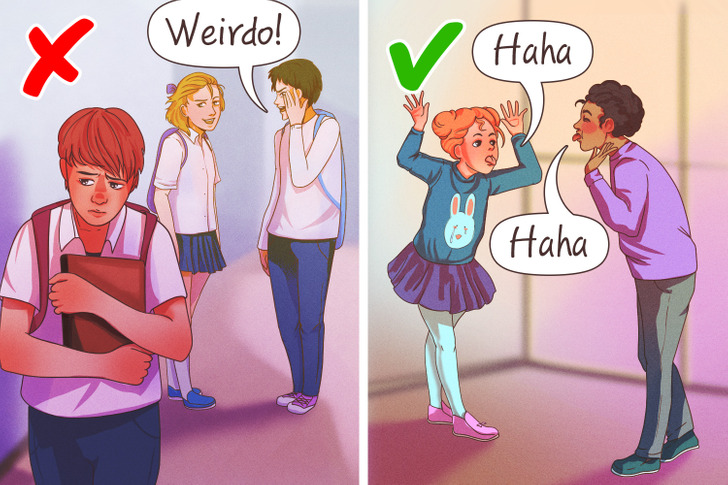
Most children are teased at some point by their friends or siblings. If done in a playful, friendly, and mutual way, and both kids find it funny, then there is no harm to the kids. But if that teasing becomes harmful, unkind, and regular, it is considered bullying and should be stopped.
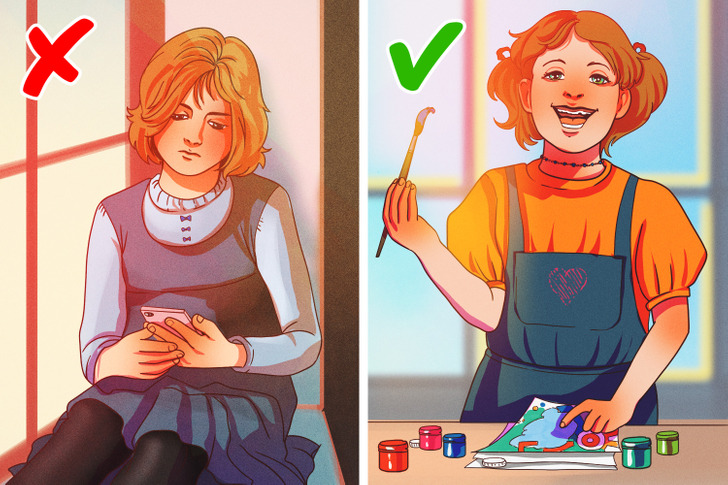
There are signs that can help parents to recognize if their child is bullied, such as:
- acting differently
- seeming anxious
- not eating
- not sleeping well
- not doing the things they usually enjoy
- seem moodier or more easily upset than usual
- avoiding certain situations (like taking the bus to school)
Tip: If you suspect your kid is being bullied and he doesn’t dare to tell you, then try to find a way to bring up the issue. For example, you might see a similar situation on a TV show and ask your kid: What do you think that person should have done? or What do you think of this? You can then ask the following: Have you ever seen this happen? or Have you ever experienced this? And you can talk about any experiences you or another family member had at that age.
Reasons why kids bully other kids.
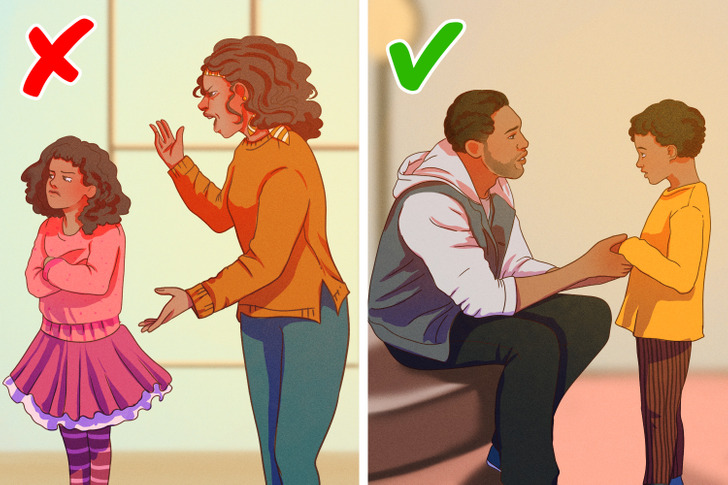
The reasons for bullying can be different. Some kids have grown up in an environment where it is normal to get angry and shout or call each other names. Those kids think it’s a normal pattern of behavior. They may also be influenced by some popular TV shows that promote meanness, where people are voted off, rejected, or ridiculed for their appearance or lack of talent. Sometimes these kids do it to feel more important, popular, or in control. That is why they choose other kids as victims who are often physically or emotionally weaker or just act or appear different in some way.
What parents can do.
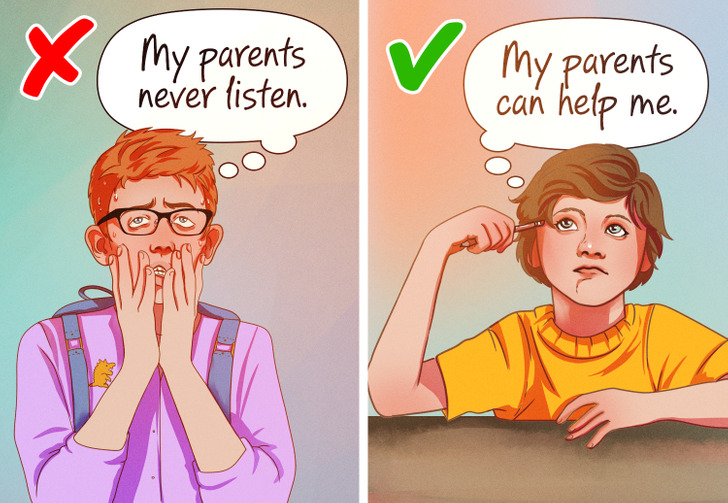
If your child addresses you by telling you that someone is bullying him, be calm and listen carefully to everything he says. Offer him comfort and support. Reasons why children often do not talk about such things can be different. From those where they feel uncomfortable and ashamed or worried that their parents will be disappointed, upset, angry, reactive, or will not believe them. Or they are afraid that if they tell someone, it will only make things worse, or they feel that they are to blame for what is happening to them.
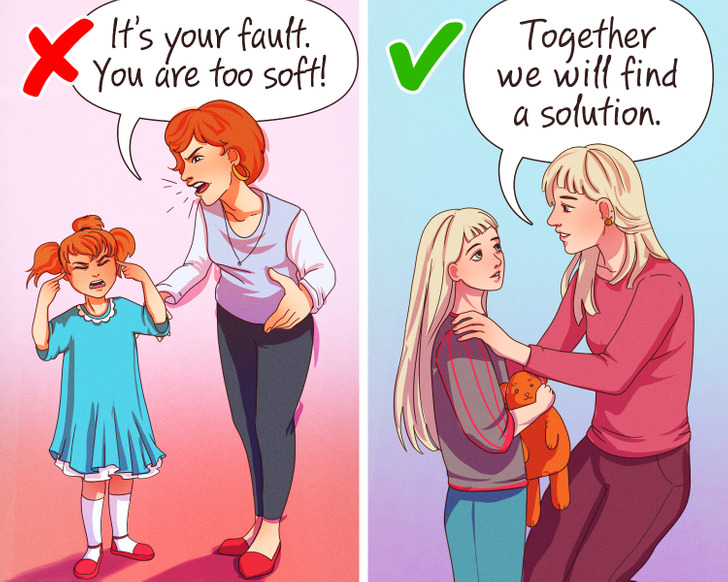
Since bullying can be of various types, there is no single solution to all these situations. Many things, such as the age of the children involved, the seriousness of the situation, and the type of bullying behaviors, can help determine the best course of action. Here are some things you can do:
- Praise your child for doing the right thing and telling you what is happening to them. Explain to them that they are not the only one and that bullying happens to other children as well. Also, let them know that it is not their fault but that the behavior of the bully is bad. And assure them that you will find a solution to this situation together.
- If your child is being bullied at school, let someone out there know what is going on. They are in a position to watch and take steps to prevent further problems.
- If your child’s bullying gets worse because they told you about his situation or the abuser physically threatened them, ask a teacher or counselor to contact the bully’s parents. You can also talk to them personally with the mediation of a school counselor.
- Look into violence policies and anti-violence programs in your child’s school. Also, inform yourself about the laws and policies of violence in your state. If you are worried about your child’s safety, contact legal authorities.
What kids can do.
1. Talk about it and tell an adult.
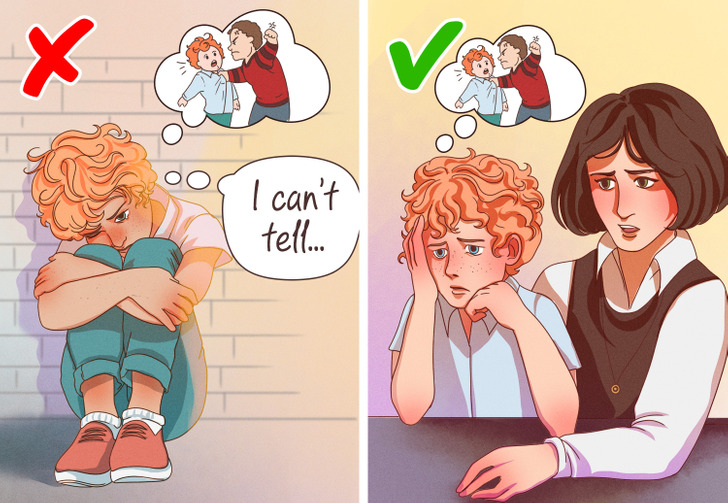
It is very important that you tell someone you trust what is happening to you. It may seem scary to do that, but you will feel less afraid and get necessary help. Adults such as parents, teachers, principals, and lunchroom personnel at school can help stop bullying. You can also get moral support from a guidance counselor, teacher, sibling, or friend in some helpful suggestions that will make you feel less alone. Never keep to yourself the fact that someone is bullying you just because you hope it will go away.
Tip: If you have already complained to an adult about being bullied, and they have not done anything about it, tell someone else. Keep talking until someone helps you. Most adults care about things like this and will do everything in their power to help you.
2. Hold the anger
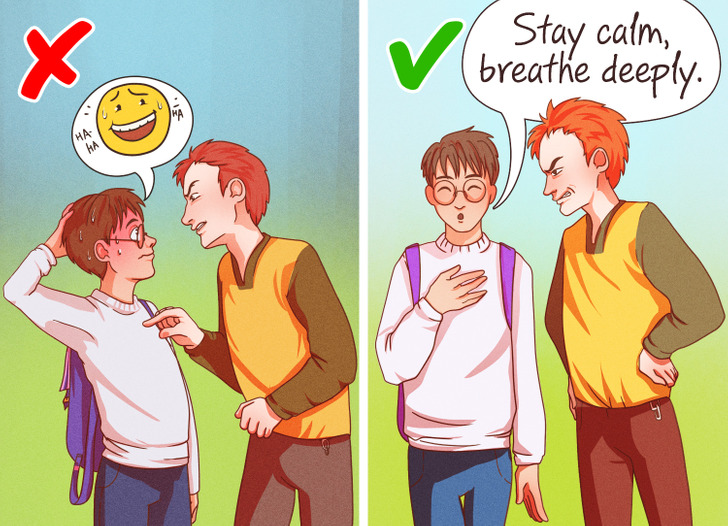
Bullies feed on other people’s fear and anxiety. It makes them feel powerful. So it is good to stay calm. Learn to keep your face calm until you are clear of any danger. Don’t react by crying or looking red or upset. Also, try not to smile or laugh because it may provoke the bully.
Tip: You can practice cool-down strategies such as counting to 10, taking deep breaths, or writing down angry words. As you walk away from the bully, you can also imagine walking away from a stranger. In that way, your body language will show that you don’t care.
3. Use the buddy system and avoid the bully.
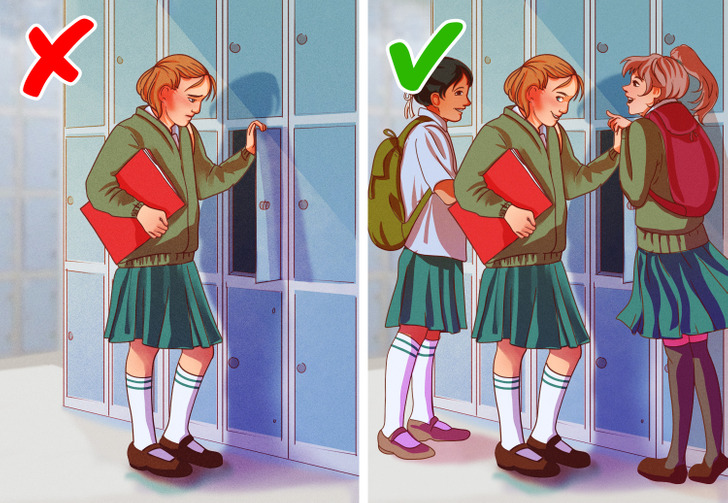
When you are not in the focus of the bully, he will not be able to harass you. So try not to be in the same place as a bully. Take a different route to school and avoid places where your bully hangs out. Don’t skip school or after school activities because you’re afraid of the bully. The bully will also rarely dare to harass a group. Thus be sure that someone is always with you so that you are not alone with the bully. Hang out with your friends on the bus, in the hallways, at recess, wherever the bully is. And if he does feel like seizing the group, walk away.
Tip: If the bullying does not stop after using these tactics, it is time to ask for help. There are people who can help you in this situation.
4. Work on your confidence
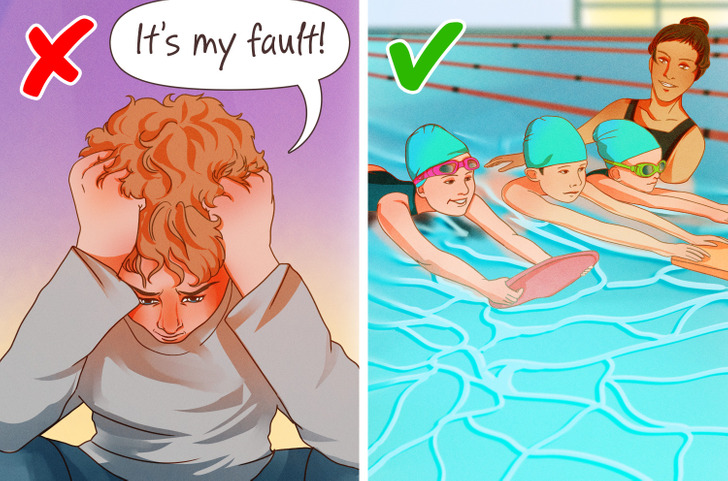
When you are a victim of bullying, your self-confidence may be diminished. To rebuild it, you can hang out with friends who have a positive influence. You can do enjoyable activities such as sports or participate in some clubs. Also, you can practice positive body language because how you look when you encounter a bully is more important than what you say. The most important thing is not to think that what is happening to you is your fault. Don’t let such a situation make you want to hurt or harm yourself. Nothing is ever that bad that no other way out can be found.